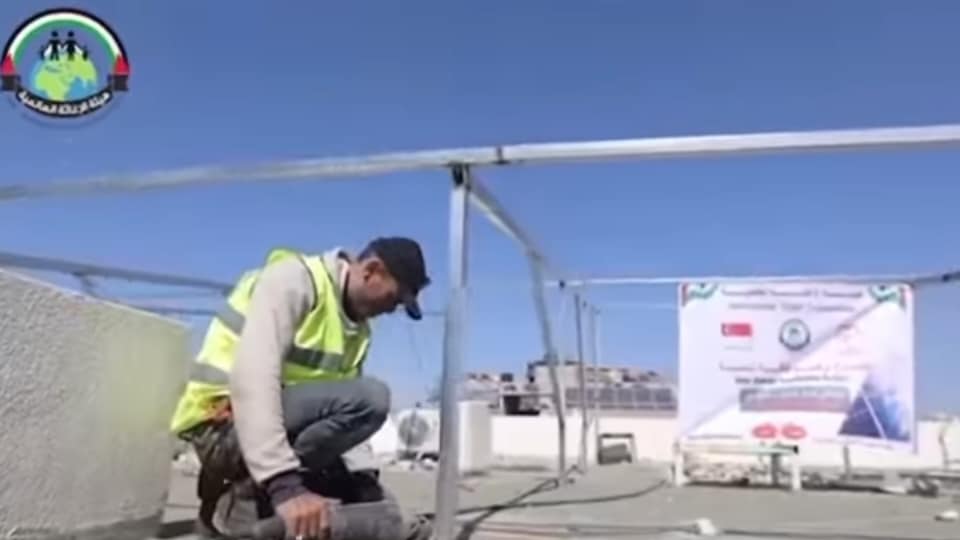Singaporean activist and founder of Love Aid Singapore, Gilbert Goh, shared a positive update regarding the Love Aid Singapore Gaza aid initiative through the organization’s Instagram account on Friday (15 Mar).
In his update, Goh highlighted that donations have reached an impressive S$1.1 million (US$822,282), expressing heartfelt gratitude to the generous donors.
Goh outlined plans for utilizing the funds, emphasizing a portion earmarked for the ambitious and costly endeavor of revitalizing hospitals with solar energy.
Prior to returning to Cairo on Wednesday (13 Mar), Goh and his team visited the Burj Barajneh Palestinian refugee camp in Lebanon.
There, they distributed Love Aid Singapore sponsorship money of US$100 monthly to five cancer patients and five orphans.
Goh also provided an update on Love Aid Singapore’s plans to expand food distribution efforts, particularly during Ramadan, a month of fasting where individuals eagerly anticipate breaking their fast with a hearty iftar meal.
He highlighted that the organization’s mobile food kitchens would be deployed throughout Gaza, aiming to reach the most vulnerable communities in the region and maximize their impact.
Love Aid Singapore’s efforts to restore Gaza hospitals with solar power initiative
Goh revealed that less than six hospitals are currently operational in Gaza, operating at less than half their capacity, with many functioning more like first-aid medical outposts.
He highlighted the critical shortage of electricity, particularly affecting incubators, leading to tragic consequences for newborns.
The five-month war inflicted extensive damage on solar panels and generators in hospitals, severely hindering their ability to function effectively.
Operations have been postponed, and essential procedures are being conducted without proper equipment due to the energy crisis.
With fuel in short supply, generators remain idle, underscoring the importance of solar energy as a crucial alternative power source.
Goh emphasized the urgency of the situation, particularly when the call came to fund a solar-powered energy system for Kamal Adwan Hospital, which had been forced to close.
Despite the initial shock of the US$44,000 cost for installing a solar energy system, Goh expressed determination, pointing out that funds were available.
Having already implemented a solar-powered water purification system in North Gaza, this would mark their second solar power project aimed at hospital revival.
Looking ahead, Goh outlined their vision to continue revitalizing hospitals, emphasizing the importance of rebuilding Gaza’s healthcare infrastructure one facility at a time.
He urged those willing to support their solar energy project to contribute via PayNow at 87745281.
Goh expressed gratitude to Singaporeans for their unwavering support, applauding their commitment to humanitarian causes.

